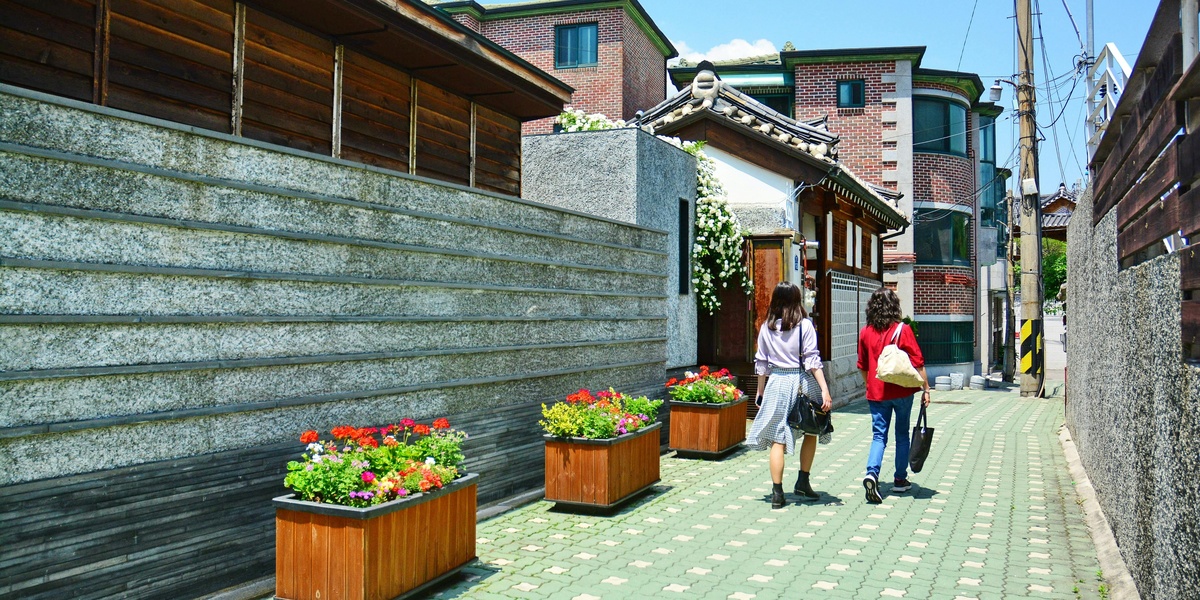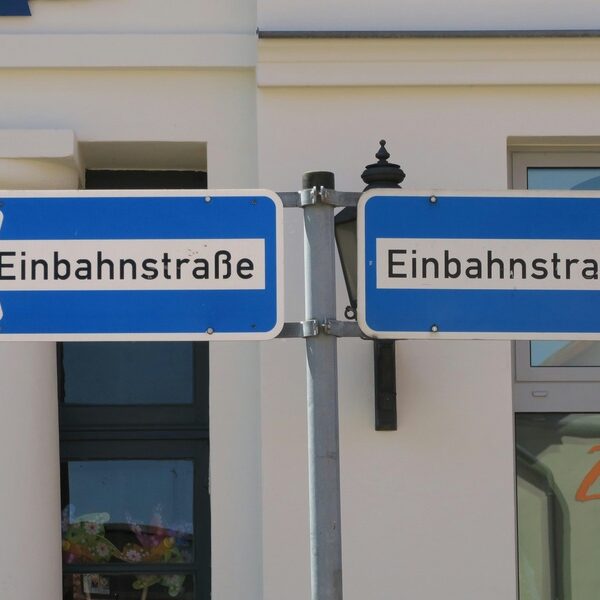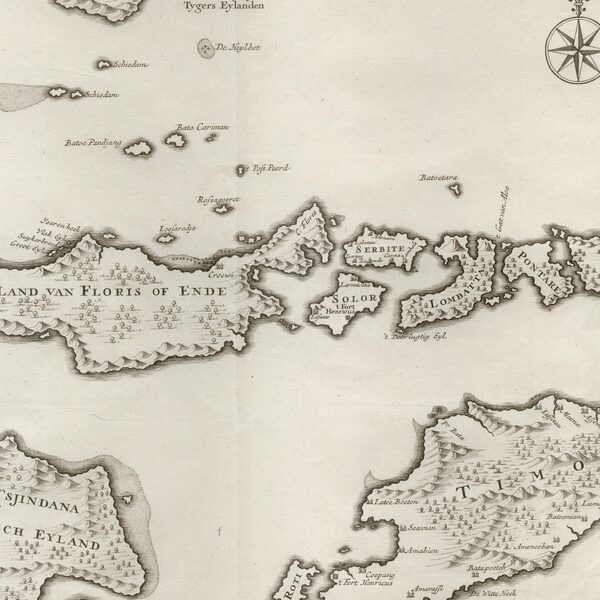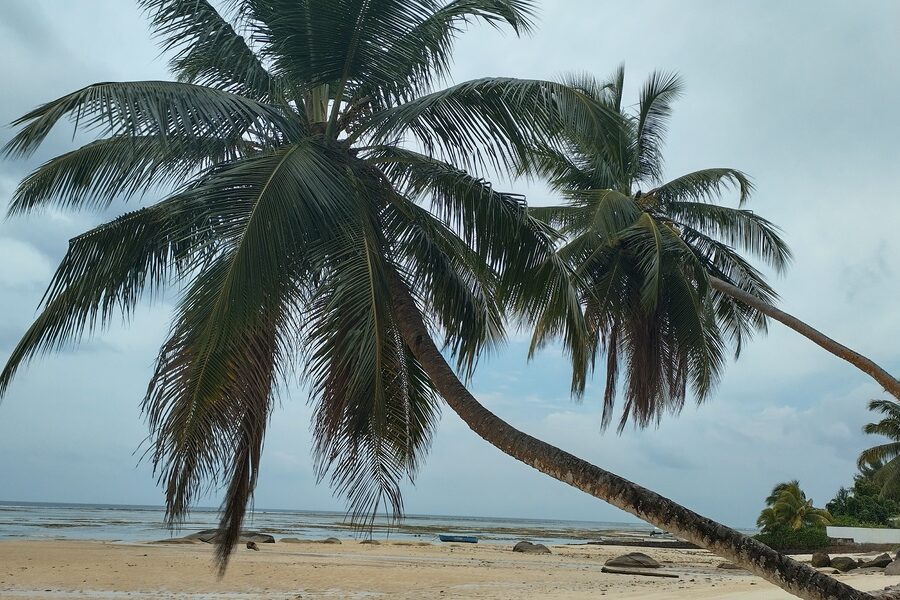South Korea is a place where everyday kindness, efficient transport and delicious street food meet — knowing a few local phrases makes everything smoother, from ordering tteokbokki to getting directions. A little language effort opens doors, helps with safety, and earns smiles from locals whether you’re in Seoul’s subway or a coastal town.
There are 65 Useful Phrases for Tourists in South Korea, ranging from Call an ambulance to Yes. Each entry includes helpful details so you can read, say and use the phrase confidently: Hangul,Romanization,Usage / Politeness — you’ll find below.
How do I know when to use polite vs. casual language?
When in doubt, use polite forms: they’re safe with strangers, shop staff and older people. The Usage / Politeness column flags which form to use; reserve casual speech for close friends or people who invite it, and listen to local responses to match tone.
What’s the quickest way to learn and remember these phrases before a trip?
Focus on 10–15 key phrases you’ll use daily (greetings, directions, ordering, emergencies), practice aloud with the Romanization and Hangul side by side, save a short list on your phone, and try them early in conversations — repetition in real situations cements memory.
Useful Phrases for Tourists in South Korea
| Phrase | Hangul | Romanization | Usage / Politeness |
|---|---|---|---|
| Hello | 안녕하세요 | annyeonghaseyo (ahn-nyung-hah-seh-yo) polite greeting | Polite greeting |
| Thank you | 감사합니다 | gamsahamnida (gahm-sah-ham-nee-dah) formal thanks | Formal polite thanks |
| Please | 주세요 | juseyo (joo-seh-yo) request polite | Use when requesting items or help |
| Excuse me / Sorry | 죄송합니다 | joesonghamnida (chweh-song-ham-nee-dah) apologetic polite | Formal apology or to get attention |
| Do you speak English? | 영어 하세요? | yeongeo haseyo? (yuhng-uh hah-seh-yo) question polite | Ask if someone speaks English |
| I don’t understand | 이해하지 못해요 | ihae haji mothaeyo (ee-hay hah-jee moht-hae-yo) polite | When you can’t follow conversation |
| Where is the restroom? | 화장실 어디에요? | hwajangsil eodieyo? (hwa-jahng-shil uh-dee-eh-yo) polite question | Ask for bathroom location |
| How much is this? | 얼마예요? | eolmayeyo? (uhl-mah-yeh-yo) casual polite | Ask price in shops or markets |
| Can I pay by card? | 카드 돼요? | kadeu dwaeyo? (kah-deu dweh-yo) polite question | Ask about payment method |
| Do you have English menu? | 영어 메뉴 있어요? | yeongeo menyu isseoyo? (yuhng-uh meh-nyoo ee-ssuh-yo) polite | Ask for English menu in restaurants |
| Menu, please | 메뉴 주세요 | menyu juseyo (meh-nyoo joo-seh-yo) polite request | Request the menu politely |
| Water, please | 물 주세요 | mul juseyo (mool joo-seh-yo) polite request | Request tap or bottled water |
| Check / Bill, please | 계산서 주세요 | gyesanseo juseyo (gyeh-sahn-suh joo-seh-yo) polite request | Ask for the bill at restaurants |
| I’m allergic to… | 저는 …알레르기가 있어요 | jeoneun …allergiga isseoyo (juh-neun …al-leh-ree-gee-ga ee-ssuh-yo) polite | Explain food allergies to staff |
| No, thank you | 괜찮습니다 | gwaenchanseumnida (gwen-chahn-seum-nee-dah) polite refusal | Politely decline offers or help |
| Yes | 네 | ne (neh) simple affirmation | Simple yes answer |
| No | 아니요 | aniyo (ah-nee-yo) polite negative | Simple no answer |
| Where is the subway/bus station? | 지하철/버스 정류장 어디에요? | jihacheol/beoseu jeongryujang eodieyo? (jee-hah-chul/boh-seu jung-ryoo-jahng uh-dee-eh-yo) polite | Ask for public transport locations |
| Which platform for …? | …행 어느 플랫폼이에요? | …haeng eoneu peullateupim ieyo? (…haeng uh-nuh plah-tform-ee-eh-yo) polite | Ask which platform for destination |
| One ticket to … please | …까지 표 하나 주세요 | …kkaji pyo hana juseyo (…kah-jee pyo hah-nah joo-seh-yo) polite | Buy a single ticket to specific stop |
| How long does it take? | 얼마나 걸려요? | eolmana geollyeoyo? (uhl-mah-nah gul-lyuh-yo) polite | Ask about travel or wait time |
| Stop here, please | 여기서 세워 주세요 | yeogiseo sewo juseyo (yuh-gi-suh seh-wo joo-seh-yo) polite | Ask taxi driver to stop at location |
| Please take me to… | …로 가 주세요 | …ro ga juseyo (…roh gah joo-seh-yo) polite | Tell a taxi driver your destination |
| Is it far? | 멀어요? | meoreoyo? (muh-ruh-yo) polite | Ask about walking distance |
| Left/Right/Straight | 왼쪽/오른쪽/직진 | oenjjok/oreunjjok/jikjin (wen-jjok/oh-reun-jjok/jik-jin) directional | Give or follow directions |
| I have a reservation | 예약했어요 | yeyak haesseoyo (yeh-yahk hae-ssuh-yo) polite | At hotels or restaurants with reservations |
| Check-in, please | 체크인 할게요 | chekeu-in halgeyo (cheh-kuh-in hal-geh-yo) polite | At hotel reception when arriving |
| Do you have Wi-Fi? | 와이파이 있어요? | waipai isseoyo? (why-pie ee-ssuh-yo) casual polite | Ask about internet access at hotels/cafes |
| Can I try this on? | 입어 봐도 돼요? | ibeo bwado dwaeyo? (ee-buh bwah-do dweh-yo) polite | Ask to try clothes in shops |
| Do you have this in a different size? | 다른 사이즈 있어요? | dareun saijeu isseoyo? (dah-reun sah-ee-joo ee-ssuh-yo) polite | Ask about sizes for clothing |
| Can you wrap it? | 포장해 주세요 | pojanghae juseyo (poh-jahng-hae joo-seh-yo) polite | Request gift or takeout wrapping |
| I’ll take this | 이거 살게요 | igeo salgeyo (ee-guh sal-geh-yo) polite | Tell cashier you will buy an item |
| Do you accept foreign cards? | 외국 카드 돼요? | oeguk kadeu dwaeyo? (weh-gook kah-deu dweh-yo) polite | Ask about international card acceptance |
| Receipt, please | 영수증 주세요 | yeongsujeung juseyo (young-soo-jeung joo-seh-yo) polite | Request receipt after purchase |
| Where is the tourist information? | 관광 안내소 어디예요? | gwangwang annaeso eodiyeyo? (gwahng-gwahng ahn-neh-so uh-dee-yeh-yo) polite | Find official tourist centers |
| I need a doctor | 의사가 필요해요 | uisa ga piryohaeyo (ee-sa gah pee-ryoh-hae-yo) urgent polite | Request medical help or clinic direction |
| Call an ambulance | 구급차 불러 주세요 | gugeupcha bulleo juseyo (goo-geup-chah bool-luh joo-seh-yo) urgent polite | Ask bystanders to call emergency services |
| Call the police | 경찰 불러 주세요 | gyeongchal bulleo juseyo (gyung-chal bool-luh joo-seh-yo) urgent polite | Ask to contact police for incidents |
| Help! | 도와주세요 | dowajuseyo (doh-wah-joo-seh-yo) urgent polite | Shout for assistance in emergencies |
| I lost my passport | 여권을 잃어버렸어요 | yeogwon eul ilh-eobeoryeosseoyo (yaw-gwon eul ilh-uh-buh-ryuh-ssuh-yo) polite urgent | Report lost passport at embassy or police |
| Where is the embassy/consulate? | 대사관/영사관 어디예요? | daesagwan/yeongsagwan eodiyeyo? (deh-sah-gwan/young-sah-gwan uh-dee-yeh-yo) polite | Find your country’s diplomatic mission |
| Is this seat taken? | 이 자리 비었어요? | i jari bieosseoyo? (ee jah-ree bee-uh-ssuh-yo) polite | Ask before sitting in public seating |
| May I take a photo? | 사진 찍어도 돼요? | sajin jjigeodo dwaeyo? (sah-jin jjee-geo-do dweh-yo) polite | Ask permission to photograph people or private spaces |
| Is tipping allowed? | 팁 주나요? | tip junayo? (tip joo-nah-yo) casual polite | Ask about tipping customs in restaurants |
| Delicious | 맛있어요 | masisseoyo (mah-shee-ssuh-yo) polite compliment | Compliment food to staff or hosts |
| I’m vegetarian | 저는 채식주의자예요 | jeoneun chaesikjuuija yeyo (juh-neun cheh-shik-joo-ee-jah-yeh-yo) polite | Explain dietary preference at restaurants |
| No spicy, please | 맵지 않게 해 주세요 | maepji anke hae juseyo (maep-jee anh-keh hae joo-seh-yo) polite | Request mild spice level in dishes |
| Ice, please | 얼음 주세요 | eoreum juseyo (uh-reum joo-seh-yo) polite | Request ice for drinks |
| Where can I change money? | 환전 어디서 해요? | hwanjeon eodiseo haeyo? (hwan-jawn uh-dee-suh hae-yo) polite | Ask for currency exchange locations |
| Is there a tax refund? | 면세 환급 있나요? | myeonse hwanggeup innayo? (myuhn-seh hwan-geup in-nah-yo) polite | Ask about VAT refund for tourists |
| One, two, three (numbers) | 하나, 둘, 셋 | hana,dul,set (hah-nah,dool,set) simple counting tip | Basic numbers for shopping and counting |
| Today/Tomorrow/Yesterday | 오늘/내일/어제 | oneul/naeil/eoje (oh-neul/neh-il/uh-jeh) simple time words | Discuss plans and schedules |
| What time is it? | 지금 몇 시예요? | jigeum myeot siyeyo? (jee-geum myut shee-yeh-yo) polite | Ask current time in shops or with staff |
| Open/Closed | 영업 중/휴무 | yeongeop jung/hyumu (young-up joong/hyoo-moo) sign words | Identify business hours or closure |
| Can you show me? (directions) | 보여 주세요 | boyeo juseyo (boh-yeh joo-seh-yo) polite | Ask someone to show map or route |
| I need a SIM card | 심카드 필요해요 | simkadeu piryohaeyo (sim-kah-deu pee-ryoh-hae-yo) polite | Ask at convenience stores or telecom shops |
| Can I get a refund? | 환불 되나요? | hwanbul doenayo? (hwan-bool dweh-nah-yo) polite | Ask about returns at stores |
| Is smoking allowed? | 흡연 가능해요? | heupyeon ganeunghaeyo? (heup-yuhn gah-neun-ghae-yo) polite | Ask smoking policy in public places |
| Cheers! (to drink) | 건배 | geonbae (guhn-beh) casual polite | Use when toasting with drinks |
| Nice to meet you | 만나서 반가워요 | mannaseo bangawoyo (mahn-nah-suh bahn-gah-woh-yo) polite | Use when meeting new people |
| I’m from… | 저는 …에서 왔어요 | jeoneun …eseo wasseoyo (juh-neun …eh-seo wah-ssuh-yo) polite | Introduce your origin in small talk |
| Can you repeat that? | 다시 말씀해 주세요 | dasi malsseumhae juseyo (dah-shee mal-sseum-hae joo-seh-yo) polite | Ask someone to repeat or speak slowly |
| I’m lost | 길을 잃었어요 | gireul ilh-eosseoyo (gil-eul ilh-uh-ssuh-yo) polite urgent | Ask for help finding your way |
| Please write that down | 적어 주세요 | jeogeo juseyo (juh-guh joo-seh-yo) polite | Ask someone to write address or directions |
| Can I have a blanket/pillow? | 담요/베개 주세요 | damyo/begae juseyo (dahm-yoh/beh-geh joo-seh-yo) polite | Request extra items at hotels or trains |
Descriptions
Hello
A standard polite hello used with strangers, shop staff, and service workers. Safe in almost all travel situations; more formal than casual 안녕. Good to start conversations and show respect.
Thank you
A respectful way to say thanks in shops, restaurants, and hotels. Common and appreciated; use after service or when receiving help. Slightly more formal than 고마워요.
Please
Adds politeness when asking for things—menus, directions, or service. Attach to nouns or verbs (물 주세요 = water please). Essential for courteous interactions.
Excuse me / Sorry
A polite apology or way to get someone’s attention in busy places. Use for bumping someone, asking staff questions, or correcting mistakes.
Do you speak English?
Useful at information desks or small shops. Many younger Koreans understand basic English, but patience and simple Korean phrases help.
I don’t understand
Polite way to say you didn’t understand. Shows respect and invites slower speech or alternative explanation.
Where is the restroom?
Very practical in cafes, stations, and attractions. Most places have signs, but asking helps in older buildings or neighbourhood shops.
How much is this?
Standard phrase to ask price. Useful in markets and stores. You may haggle at some street markets but not in department stores.
Can I pay by card?
Many places accept cards; small vendors may be cash-only. Handy phrase to confirm before ordering or buying souvenirs.
Do you have English menu?
Useful in restaurants and cafes. Tourist areas and chains often have English menus; staff may offer simple translations if not available.
Menu, please
Simple, direct way to ask for a menu. Use at sit-down restaurants, street vendors sometimes point or hand printed menus.
Water, please
Ask for water in restaurants or convenience stores. Tap water is drinkable in big cities but bottled is common; specify 생수 (bottled).
Check / Bill, please
Polite way to request your bill. In Korea you may pay at the register or at the table depending on the place.
I’m allergic to…
Useful to prevent allergic reactions. State the ingredient (e.g., 견과류 for nuts). Staff may help avoid cross-contamination but clarity is vital.
No, thank you
A polite refusal used in stores or when declining extra services. Soft and respectful—commonly used instead of blunt “no.”
Yes
Basic affirmative. Pronounced like “neh.” Very common and safe for quick confirmations.
No
Polite negative used in most situations. Softer than casual 아니.
Where is the subway/bus station?
Useful in cities. Stations often have English signage, but asking helps find the correct line or exit number.
Which platform for …?
Ask transit staff which platform for trains or buses to a destination. Give city or station name for clarity.
One ticket to … please
Useful at ticket counters for trains or buses. Replace … with station name. Convenient when machines are confusing.
How long does it take?
Good for estimating travel between sites or asking staff how long a service will take.
Stop here, please
Useful in taxis or buses to request your stop. Show an address or map if unsure; taxis often appreciate clear directions.
Please take me to…
Standard taxi phrase—give address, landmark, or show on phone. Most drivers understand major attractions and addresses.
Is it far?
Quick way to check walking distance to a place. If far, consider transit or taxi. Useful when planning tight schedules.
Left/Right/Straight
Basic directional words for following maps or directions. Combine with “여기” (here) or distance words to guide someone.
I have a reservation
Useful at hotel check-in or prebooked restaurants. Staff often ask for name or confirmation number.
Check-in, please
Polite way to start check-in. Have passport and booking confirmation ready; Korean hotels require ID for registration.
Do you have Wi-Fi?
Most hotels and cafes offer Wi‑Fi. Staff will give an SSID and password; some places label networks on a sign.
Can I try this on?
Say when shopping for clothes. Many stores have fitting rooms; staff will guide you. Be polite and hand garments back neatly.
Do you have this in a different size?
Useful in clothing stores. Staff may check backroom stock or similar items; useful when items run out on display.
Can you wrap it?
Ask at shops or bakeries for gift wrapping or to-go packaging. Many stores offer neat wrapping services, especially for food or souvenirs.
I’ll take this
Simple phrase to indicate purchase. Hand item to cashier or place on counter; combine with card/cash question.
Do you accept foreign cards?
Some smaller vendors prefer Korean-issued cards or cash. Useful before ordering or buying to avoid surprises.
Receipt, please
Handy for refunds or tax-free shopping. For tax-free purchases, ask for receipt and keep passport for refund at airport.
Where is the tourist information?
Tourist info centers provide maps, tickets, and English help. Common in airports and major stations; a great resource for bookings and advice.
I need a doctor
Useful in emergencies or to find a clinic. Show symptoms or use translation apps; hospitals in big cities often have English support.
Call an ambulance
Phrase to request immediate medical transport. Emergency number in Korea is 119. Say location clearly and show phone GPS if needed.
Call the police
Useful for theft, assault, or lost documents. Police may not speak fluent English everywhere; show ID and use translation if possible.
Help!
Strong, immediate call for help. Use in crowded areas or if you are threatened. People usually respond quickly in public settings.
I lost my passport
Important phrase when dealing with police or consulate. Bring copies if available; embassies can advise on replacement procedures.
Where is the embassy/consulate?
Embassies assist with passport issues and emergencies. Most cities have consular offices; staff there can often communicate in English.
Is this seat taken?
Use on trains, restaurants, or cafes. Polite way to check if a seat is free, especially in busy areas.
May I take a photo?
Good etiquette to ask before photographing locals or inside small shops. Many landmarks are fine; always ask at cultural sites.
Is tipping allowed?
Tipping is not common in Korea and can be refused. High-end tourist services may accept gratuities but it’s not expected.
Delicious
A common phrase to praise food. Chefs and servers appreciate the compliment; saying it warmly is good etiquette.
I’m vegetarian
Useful to avoid meat dishes; restaurants may suggest vegetable options. Be specific about eggs or fish if necessary.
No spicy, please
Korean food can be spicy. Use this to ask for less spice; many kitchens can adjust heat upon request.
Ice, please
Common in cafes and casual restaurants. Some places charge for bottled water or ice; polite to ask when needed.
Where can I change money?
Common at airports, banks, and some hotels. Check rates and fees; some tourist centers provide cash exchange.
Is there a tax refund?
Many purchases over a threshold qualify for tax refund. Keep receipts and passport; process usually at airport before departure.
One, two, three (numbers)
Useful for counting items, ordering, and simple transactions. Korean uses native and Sino-Korean numbers; these are native small-number forms.
Today/Tomorrow/Yesterday
Core words for day-to-day planning. Use when asking opening hours, booking tours, or arranging pickups.
What time is it?
Useful when catching transport or meeting people. Most phones show local time, but asking is handy when phone unavailable.
Open/Closed
Common signs for shops: 영업 중 (open) and 휴무 (closed). Helpful when planning visits to smaller businesses.
Can you show me? (directions)
Polite request for help with maps, phone directions, or showing a location. People often guide you to nearby spots.
I need a SIM card
Tourists often buy prepaid SIMs or pocket Wi‑Fi. Bring passport; staff will help activate and explain data plans.
Can I get a refund?
Useful when returning faulty items. Follow store policy and keep receipts; tax-free items may have separate rules.
Is smoking allowed?
Smoking rules are strict in many public areas. Ask before lighting up; many places designate zones or ban smoking entirely.
Cheers! (to drink)
Short, friendly toast used in social drinking. Often followed by eye contact; clinking glasses at meals is common among friends.
Nice to meet you
A polite, friendly greeting when introduced. Good for making a warm impression and polite social interaction.
I’m from…
Simple self-introduction to share nationality. Useful when meeting locals or tour guides. Replace … with your country or city.
Can you repeat that?
Polite request to repeat information. Helpful in noisy places or when learning new words; shows you’re trying to understand.
I’m lost
Say to passersby or shop staff if you can’t find a place. Showing your destination on phone or map speeds up help.
Please write that down
Helpful when dealing with non-Latin scripts. Ask staff to write addresses or phone numbers for taxis or maps.
Can I have a blanket/pillow?
Common amenity request in hotels or long-distance buses/trains. Staff usually provide promptly; useful for overnight travel.




